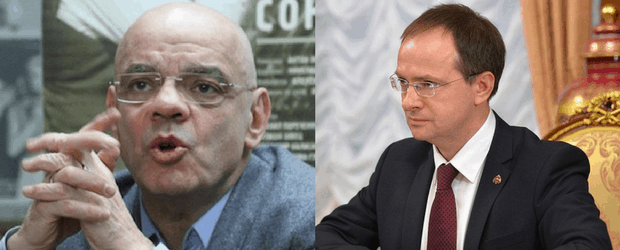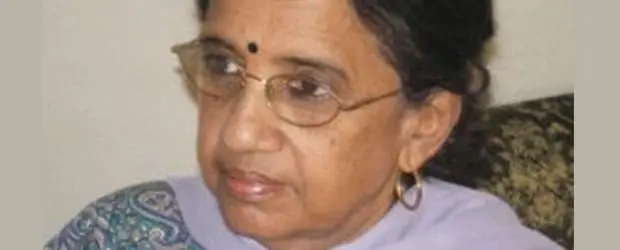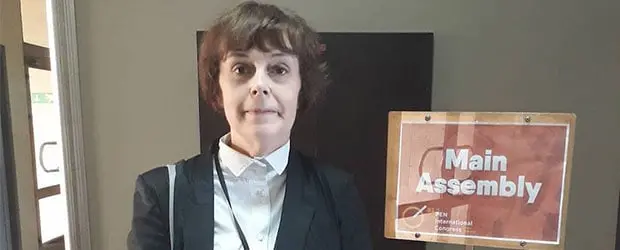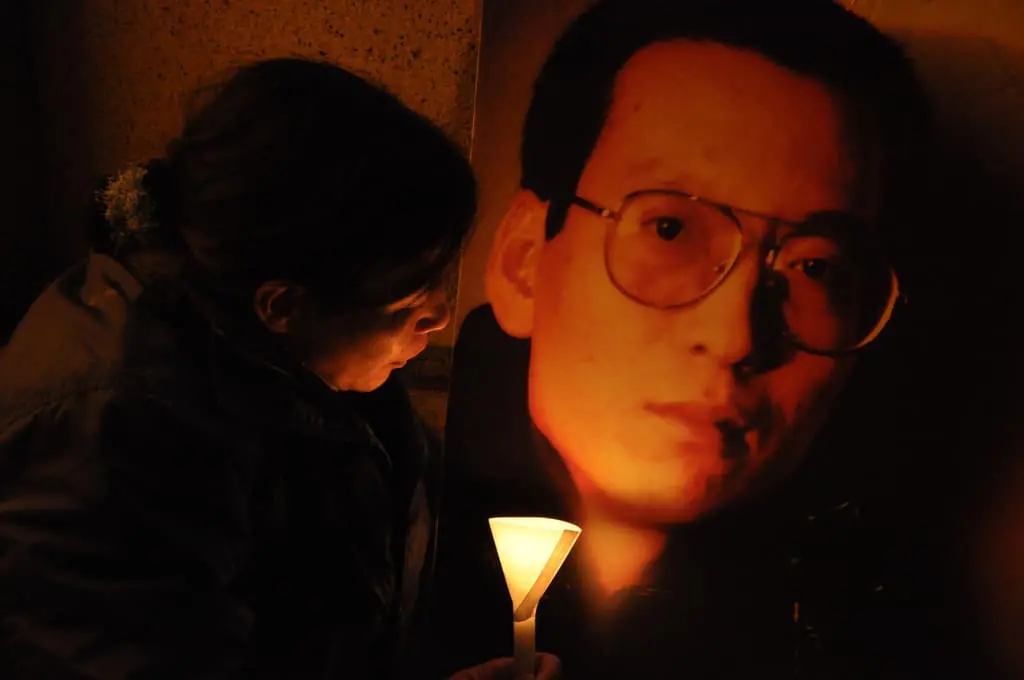PEN America has been working hard to defend net neutrality for years, including by collecting more than 300,000 signatures on a recent petition with a coalition of about 20 partner organizations.
But the moment we’ve feared and anticipated is here: Federal Communications Commission (FCC) Chairman Ajit Pai has announced his plan to dismantle Obama-era protections for an open internet. The FCC will vote on the proposal on December 14.
This poses a direct and critical threat to the principles PEN America stands for, as an organization dedicated to protecting free expression and the freedom to write in particular. To understand why, it’s helpful to think of regular telephone service. When you make a call, the phone company can’t refuse to connect the call because it doesn’t like you, or because you’re calling to organize a protest against name-your-cause. The phone company is a neutral intermediary–it must carry your communication regardless of its content.
Were a phone company allowed to act unneutrally, it could decide to block your call because it doesn’t like what you’re going to say, or what you’ve said in the past. It could also charge you extra fees to connect your call ahead of other callers. If net neutrality protections are rolled back, this could be the reality for your internet communications.
But it gets worse. As Free Press explains, the internet is a zero sum game: giving priority to certain information—for those who can pay more—necessarily slows down the rest of the internet for other users. This means that ISPs can decide not to deliver your communications at all in order to accommodate speedy delivery for the big companies who can pay for a “fast lane.” (In fact, a “Wild West” broadband market would have an even more insidious incentive at play: ISPs would want to slow down the rest of the internet to create even more demand for the “fast lane.”)
This poses several direct threats to the exchange of ideas that is critical to a democratic society and that – today – occurs in large part online:
- The threat to information access. The FCC is planning to reverse rules put in place under the Obama Administration that prevent large broadband internet providers from blocking or discriminating against users who refuse to pay for these “fast lanes,” a consequence that could affect everything from our ability to access entertainment or educational content, to our ability to mobilize and communicate with one another. Marginalized, poor, and otherwise vulnerable communities, many of which already struggle with access, are likely to feel this impact the hardest. And because most Americans have little choice when it comes to internet providers, that lack of competition means that users can’t vote with their feet if a big telecommunications company starts blocking or discriminating against content.
- The threat to information diversity. As fewer media outlets can pay for fast access, we’ll be likely to read, watch, and hear only those that can afford it, further entrenching their market dominance, deepening the polarization of Americans’ media intake, and reducing the diversity of information sources overall. This is likely to be devastating for smaller outlets and local news entities.
- The threat to freedom of expression. Perhaps most insidious for writers, artists, and other content creators, large internet providers could altogether block or slow content they don’t like. Of course, the greatest threat is again to dissidents, marginalized communities, and others whose resources may be too limited to pay to get their content to audiences faster, or whose opinions may be unpalatable to powerful actors. One can easily imagine the potential for the new freedom to discriminate being used to target political movements that rely on the internet for organizing (or even net neutrality advocates!).
We need to keep the internet free because, in today’s world, so many of our other freedoms depend on it. Join us and take action today.
fight for net neutrality in 2017
1. Sign our petition urging congressional representatives to publicly oppose Ajit Pai’s plan to end Title II net neutrality protections.
2. Call your congressperson using Battle for the Net’s nifty tool.
3. On December 7, join a rally at a Verizon store near you.












